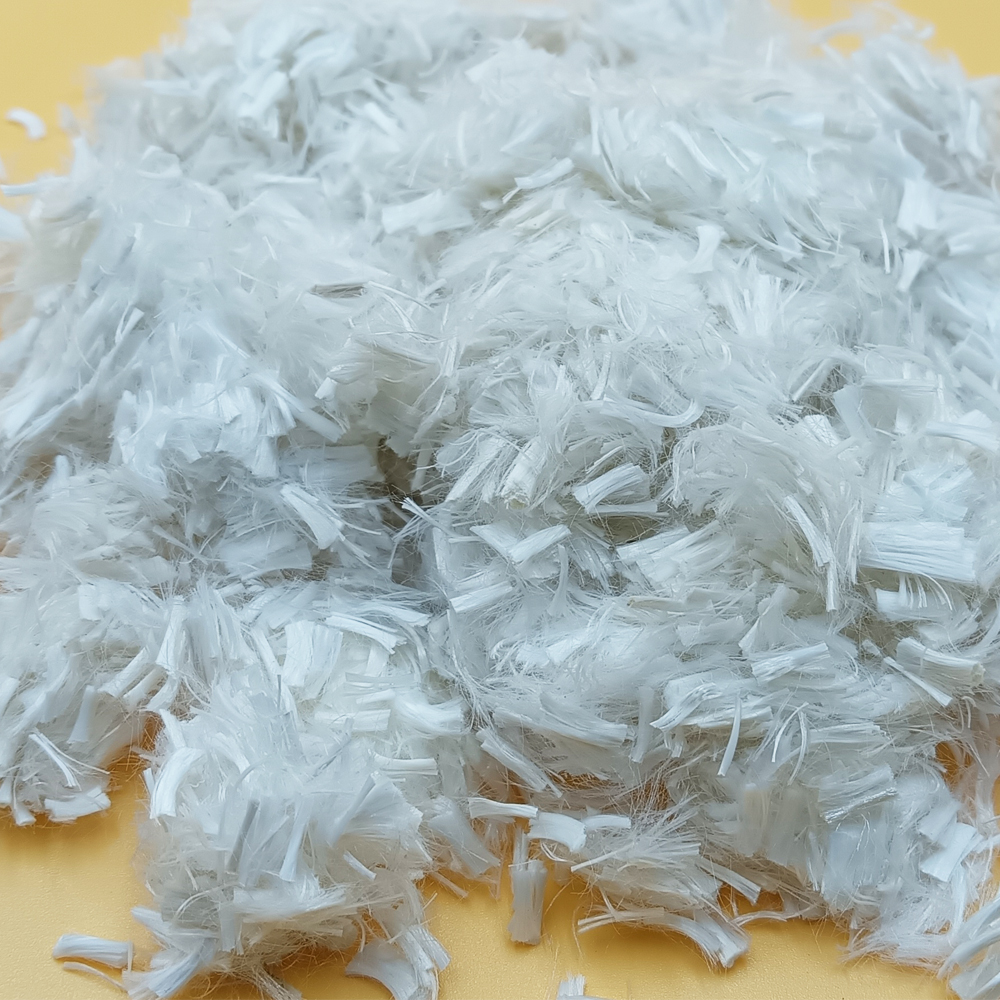Table of Contents
Benefits of Using Synthetic Fibers for Roadway Pet Fibers in Improving Traffic Flow
Synthetic fibers have been increasingly used in roadway construction to improve traffic flow and overall road performance. These fibers, made from materials such as polyester, nylon, and polypropylene, offer a range of benefits that make them a popular choice for enhancing the durability and longevity of roadways. In this article, we will explore the advantages of using synthetic fibers for roadway pet fibers in improving traffic flow.
One of the key benefits of using synthetic fibers in roadway construction is their ability to enhance the strength and durability of the pavement. These fibers are added to the asphalt mix during the production process, where they help to reinforce the pavement and prevent cracking and rutting. By improving the structural integrity of the road surface, synthetic fibers can extend the lifespan of the pavement and reduce the need for costly repairs and maintenance.
In addition to enhancing the strength of the pavement, synthetic fibers also help to improve the overall performance of the road surface. These fibers can increase the resistance of the pavement to wear and tear, as well as to the effects of heavy traffic and harsh weather conditions. By reducing the occurrence of potholes, cracks, and other forms of damage, synthetic fibers can help to maintain a smooth and safe driving surface for motorists.
Another advantage of using synthetic fibers for roadway pet fibers is their ability to improve the skid resistance of the pavement. These fibers create a rougher surface texture that enhances the grip between tires and the road, reducing the risk of skidding and improving overall road Safety. By increasing traction and reducing the likelihood of accidents, synthetic fibers can help to improve traffic flow and reduce congestion on busy roadways.
Furthermore, synthetic fibers can also help to reduce the noise Levels generated by traffic on roadways. These fibers act as a sound-absorbing material, dampening the noise produced by vehicles as they travel over the pavement. By minimizing noise pollution, synthetic fibers can help to create a more pleasant driving Environment for motorists and nearby residents, as well as improve the overall quality of life in urban areas.

In addition to their performance benefits, synthetic fibers are also a cost-effective solution for roadway construction. These fibers are relatively inexpensive to produce and can be easily incorporated into the asphalt mix during the paving process. By extending the lifespan of the pavement and reducing the need for frequent repairs, synthetic fibers can help to save money on maintenance and infrastructure costs in the long run.
Overall, the use of synthetic fibers for roadway pet fibers offers a range of benefits that can help to improve traffic flow and enhance the performance of roadways. From increasing the strength and durability of the pavement to improving skid resistance and reducing noise levels, synthetic fibers provide a cost-effective and sustainable solution for enhancing the quality and safety of our roadways. By incorporating these fibers into roadway construction projects, transportation agencies can create smoother, safer, and more efficient roadways that benefit both motorists and the surrounding community.

